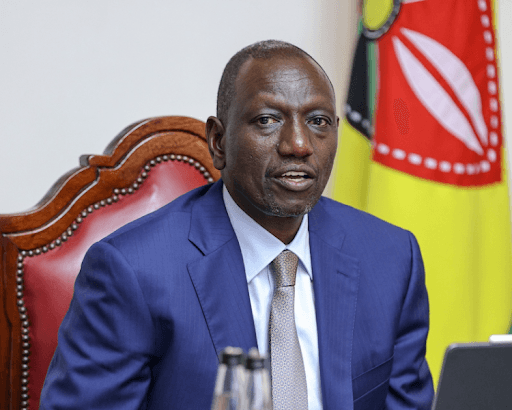Residents in three informal settlements will receive water five times a week after at least 20 boreholes are drilled throughout the county and water is redistributed.
Other informal settlements will also get more water.
The fresh supply will enable residents to wash their hands to prevent the spread of the coronavirus.
Boreholes will soon be drilled and others rehabilitated after an assessment.
On Monday, the Nairobi Water and Sewerage Company announced reforms in equitable distribution of water.
Boreholes will be drilled in Kibera, Mathare and Mukuru kwa Njenga for the five-day supply.
Nairobi county is a hot spot for transmission of the coronavirus. The country has 59 cases, 42 of them in Nairobi.
Nairobi Water board chairperson Beryl Okumu said that the demand for water in the Central Business District had declined since many businesses have closed.
She said demand for water at Jomo Kenyatta International Airport has also declined.
As a result, the company will now increase supply to high-demand areas, the main target being informal settlements, named above, which will receive water five times a week. Other informal settlements will receive it twice a week.
NWSC will also distribute 10 water tanks providing free water for handwashing in Mathare, Mukuru and Kibera and other areas, Okumu said.
Last week, Nairobi Metropolitan Services Maj Gen Mohamed Abdala Badi met Nairobi leaders on increasing water supply, mainly in the informal settlements.
The daily water demand in Nairobi is more than 810,000 cubic metres but only 525,600 cubic meters are supplied. The gap is 284,400 cubic meters, with informal settlements being most affected.
The Nairobi water company has been forced to implement water rationing.
Targeted areas for drilling include Utawala, Matopeni, Mihang’o, Ruai, Kayole, Gatina, Kibera, Mathare, Kangemi, Riruta/Satellite and Mukuru.
Nairobi Senator Johnson Sakaja last week said an assessment and audit of the boreholes in the capital would be carried out.
“Water is an essential service and during this time it is a critical service needed to observe hygiene. There are boreholes which can be rehabilitated and will help constituents where there is rationing," Sakaja said.
The boreholes will also be monitored to ensure the water is clean and safe and to curb theft.
In partnership with the Athi River Water Works Development Agency (AWWDA) and Nairobi Water, 800 handwashing points are currently being installed across the county.
In addition to that, 60 water tanks will be distributed to the public toilets and police stations for a constant supply of water.
Water bowsers will also be used to pipe in water to the facilities to ensure there is no shortage.
Plans are underway to repair the toilets that have been locked because of blockage and vandalism.
“We appeal to residents to make good use of these handwashing points. We condemn the unscrupulous individuals who disregard public safety and try to sabotage our efforts by vandalising these points,” Okumu said.
“We intend to supply free hand sanitizer as much as possible and urge our heavy industry consumers to join us in this great fight for our lives,” she added.
(Edited by V. Graham)











